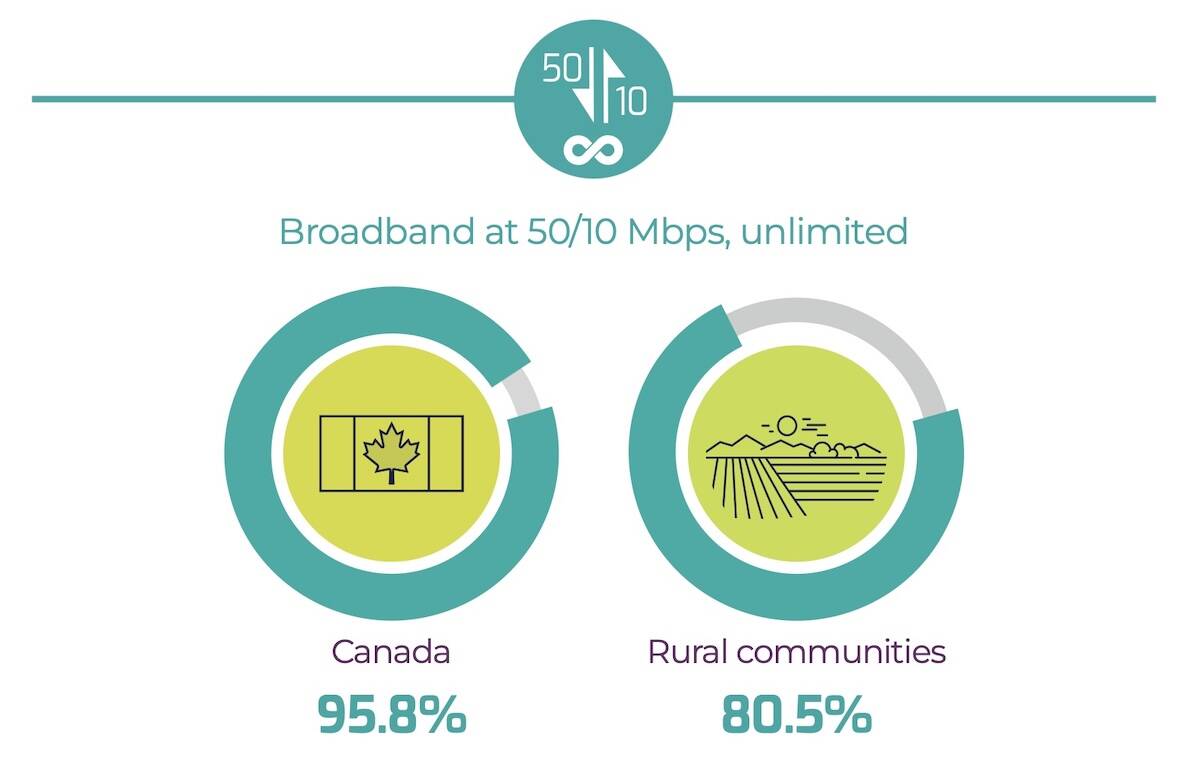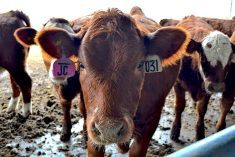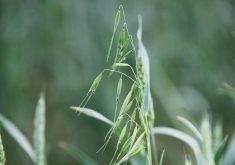In discussion with two soil test labs, we know that taking soil samples in winter is certainly an option. The thick layer of snow on the fields makes winter sampling a challenge – but it’s that layer of snow that actually makes winter sampling possible. The snow prevents soil from freezing solid. Clear the snow, then probe. According to one lab, a grower recently used a snowblower to clear a pattern in the field and found the soil easy to probe.
The key is to keep the sample cool – 5 C to 10 C, not frozen – and get it to the lab within a couple days. Don’t put it in a tight sealed container. The Soil Analysis Handbook states that “field-moist soil, when placed in an air-tight container, can undergo significant biological changes at room or elevated temperatures” within days.
Read Also

Rural Alberta gets further boost to internet connectivity
The province and feds join forces to help remote/rural Albertans get connected to reliable high-speed internet through its Broadband Strategy.
Growers would use winter sampling only if they missed sampling in the fall. By sampling now, growers can get soil test results back in time to modify fertilizer rates as needed.
Remember, whether you use random sampling throughout the field (all mid slope locations), benchmark sampling (going back to same acre each time) or point benchmark sampling (going back to same square metre each time), soil test labs recommend you combine 15 cores and draw your representative sample from that combination. If soil is in icy chunks and too frozen to blend, you may not get a good sample. Labs don’t have much experience with samples that started in icy blocks before being melted and blended. Melting such wet soil could start microbial activity and the soil analysis will likely give inaccurately high results.














